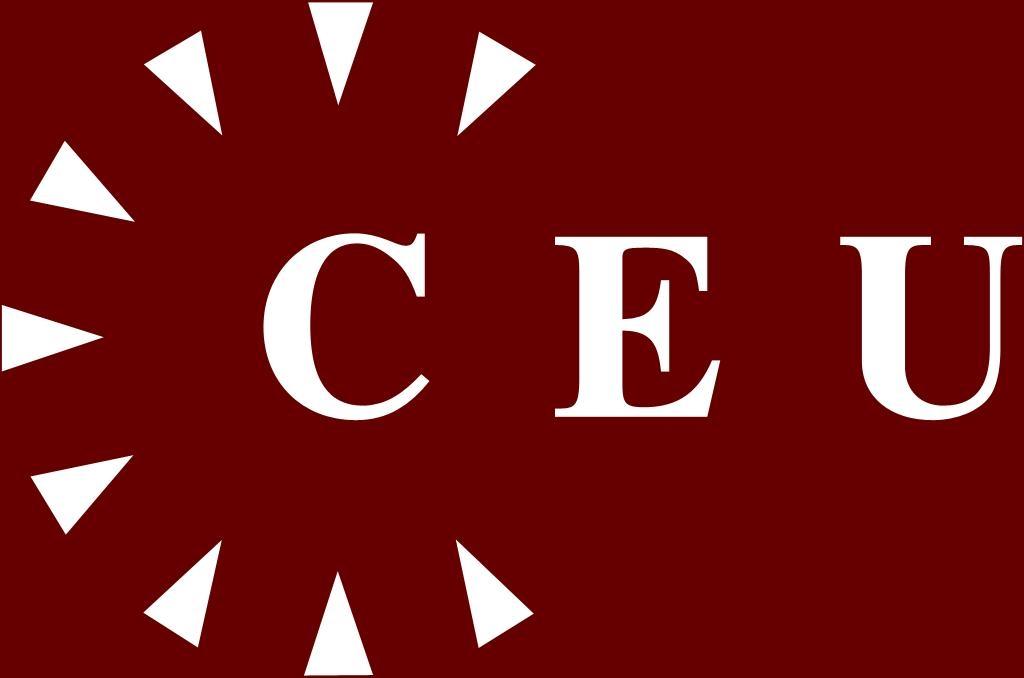Seminar
Details
Focusing on most recent international debates as well as on historical perspectives, the course will particularly explore the connections of religious ideas with typically realist positions, such as the autonomy of politics, the emphasis on power and political leadership, the necessity to restrain human desires and passions, the disbelief in human perfectibility and the idea of historical progress, the observance of the limits of politics. This involves, on the one hand, the question of the religious origins of realism, for instance in the Augustinian doctrine of original sin, and, on the other hand, the question of the specifically "secular" or even anti-religious character of realist thought.
Accordingly, the course will deal with religious and non-religious justifications of (state) power and authority as well as with the realist critique of religiously inspired political enthusiasm and utopianism. Against this background, the general realist critique of the political implications of Christianity, the question of the significance of neo-pagan references both within the history as well as within most recent reformulations of Western political realism will be discussed.



